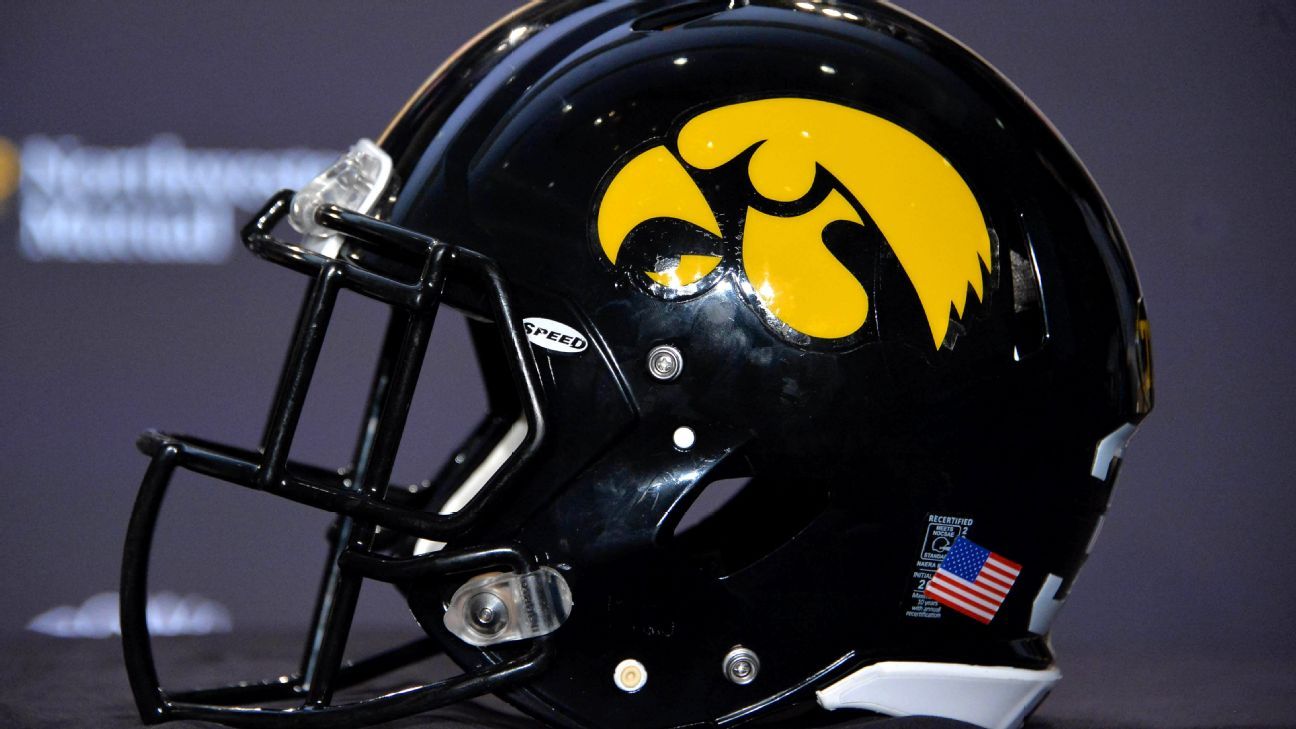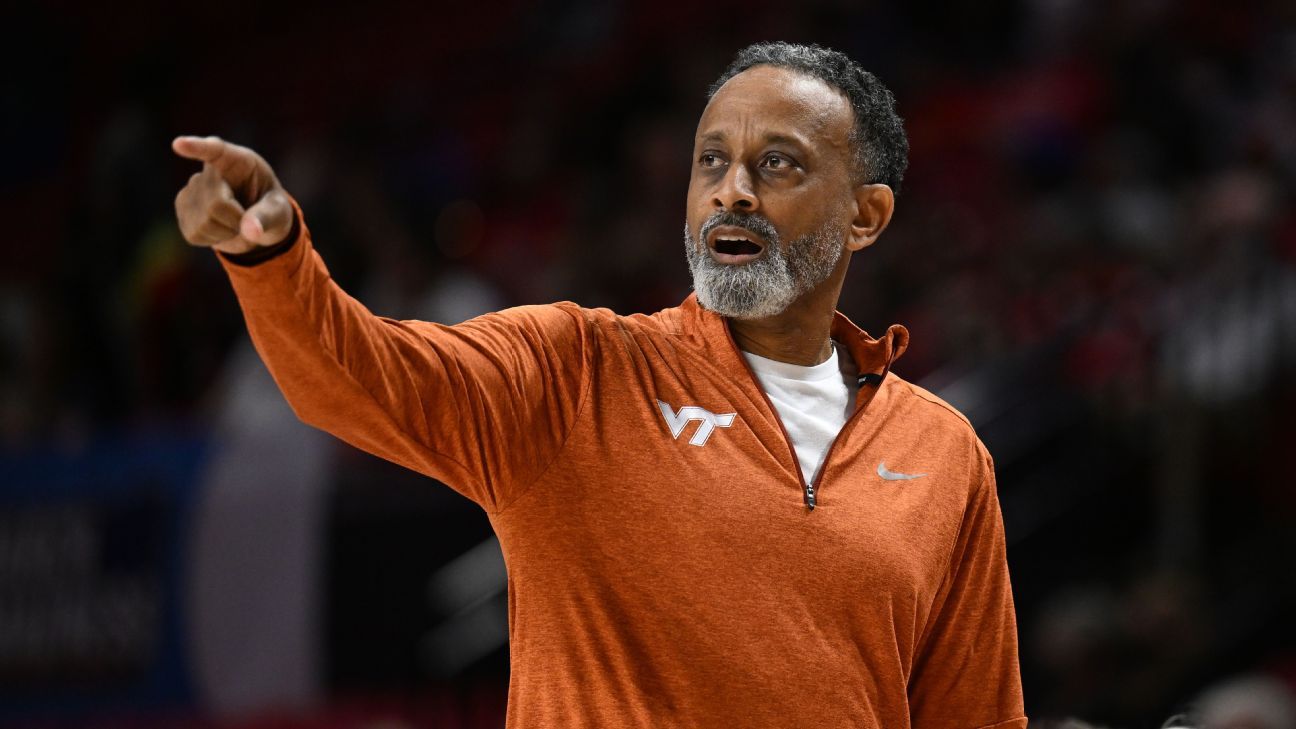A Federal Lawsuit Filed by Athletes in Iowa
Filed in the U.S. District Court for the Southern District of Iowa, more than two dozen athletes from Iowa have initiated a federal lawsuit accusing state criminal investigators of violating their constitutional rights. The athletes allege that geolocation software was utilized to track activity on their cellphones as part of an extensive sports wagering inquiry, resulting in criminal charges and forfeiture of NCAA eligibility.
The Core of the Lawsuit
Central to the 47-page lawsuit is the question of whether search warrants were required for the state’s criminal investigators to employ a program from the third-party company GeoComply. This program was utilized to pinpoint athletes, a number of whom were below 21 years of age, the legal gambling age in Iowa. The investigators then conducted searches to scrutinize their online betting behavior.
The lawsuit features 26 current and former athletes, with 16 representing the University of Iowa, nine from Iowa State, and one from a central Iowa community college. Among these individuals, 13 played football, six were wrestlers, and seven were involved in baseball or basketball.
Attorneys Matt Boles, Adam Witosky, and Van Plumb, representing the plaintiffs, expressed their concern over the impact on these young men’s lives. They aim to restore normalcy and seek justice for the violation of their rights.
Allegations and Legal Claims
The lawsuit accuses the state, the Department of Public Safety, Division of Criminal Investigation, and its agents of infringing upon the athletes’ civil rights through unauthorized usage of the GeoComply software to track phone activity within Iowa and Iowa State athletic facilities.
While the DCI declined to offer comments on the lawsuit, it’s highlighted that GeoComply’s software is utilized by major sportsbooks to monitor user locations. Users consent to sharing their location data when registering with online betting platforms, which is then relayed to these companies by GeoComply.
In the lawsuit, it’s noted that DraftKings and FanDuel, the sportsbooks in question, inform users that personally identifying information may be disclosed to law enforcement. The DCI obtained access to the GeoComply software, licensed through the Iowa Racing and Gaming Commission.
Rulings and Consequences
Subsequently, warrants were issued for the search and examination of the athletes’ phones. However, the lawsuit asserts that these warrants were flawed and unconstitutional since the basis for obtaining them was acquired without proper authorization. Furthermore, the plaintiffs claim that DCI supervisors failed to provide adequate training and oversight.
In the aftermath, 16 athletes faced criminal charges, with 12 pleading guilty to underage gambling. Four individuals were charged with felony identity theft, but these cases were dismissed in March, recognizing that investigators had overstepped the limits of GeoComply’s program.
For the remaining 10 athletes who were not charged with crimes, the investigation led to backlash including loss of playing time, threats of sanctions from NCAA or NFL, and harm to their athletic careers. The lawsuit emphasizes that several athletes lost their eligibility upon schools discovering their betting activities.
Legal Action and the Investigation
The attorneys demand actual and punitive damages for each plaintiff. Allegations include claims that DCI agents misled the athletes, indicating they were not targets but aiding in a probe of sports betting firms.
Notably, athletes recounted instances where DCI agents visited their residences and requested access to their phones, which were returned later in the day. Family members and associates linked to betting accounts also underwent phone searches.
In previous statements, DCI commissioner Stephan Bayens defended the investigation, stating that prosecutors asserted the legality of the actions taken. He expressed confidence in the investigation and the agents involved.
This lawsuit underscores the complexities surrounding geolocation technology, privacy rights, and the legal boundaries of criminal investigations, reflecting a pivotal legal dispute at the intersection of sports, technology, and personal liberty.
Image/Photo credit: source url





